Premium Only Content
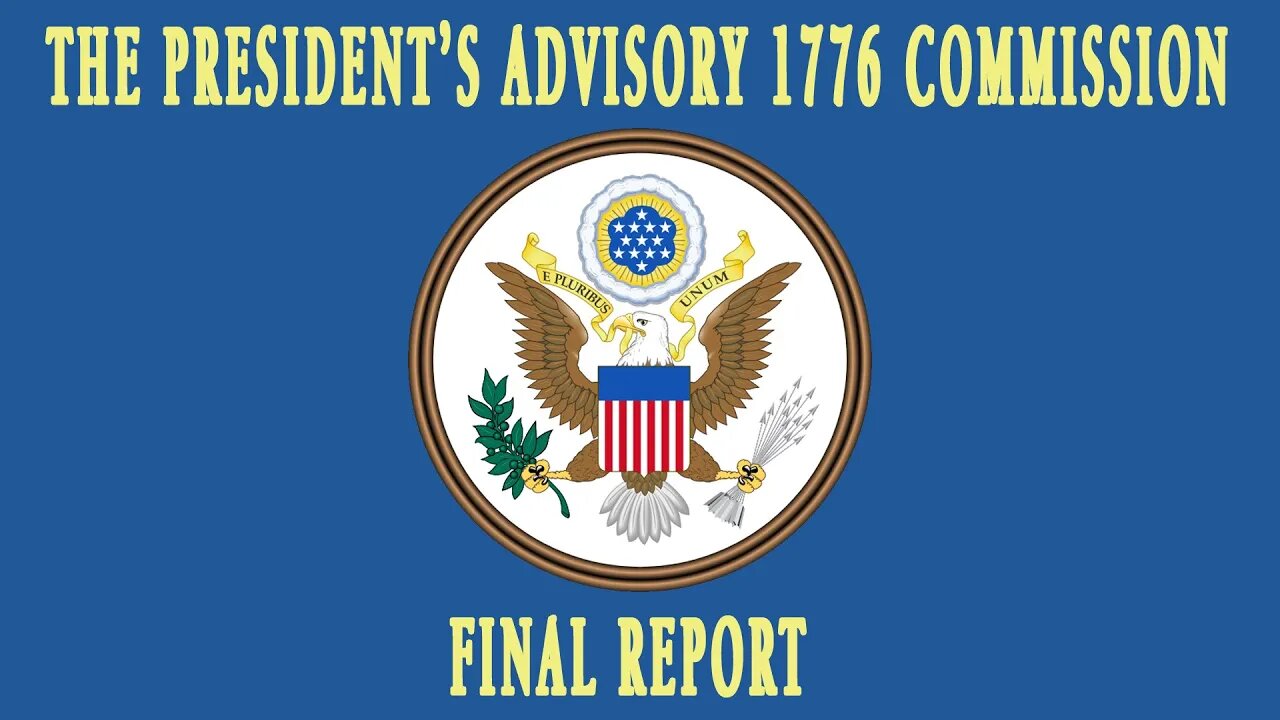
The President’s Advisory 1776 Commission Final Report 18 Faith and American Principles Pt 1A * PITD
The President’s Advisory #1776Commission Final Report Appendix ii- #FaithAndAmerica’sPrinciples Pt 1A * PITD
History underscores the overwhelming importance of religious faith in American life, but some today see religious practice and political liberty to be in conflict and hold that religion is divisive and should be kept out of the public square. The founders of America held a very different view. They not only believed that all people have a right to religious liberty but also that religious faith is indispensable to the success of republican government. “The God who gave us life, gave us liberty at the same time,” Thomas Jefferson once wrote. “The hand of force may destroy, but cannot disjoin them.”
The idea that faith sustains the principles of equality and natural rights is deeply rooted in American society and proven through human experience. The social, political, and personal value of religious faith within America’s public space has been recognized and honored from the start. “Of all the dispositions and habits which lead to political prosperity, Religion and morality are indispensable supports,” George Washington observed in his Farewell Address. “In vain would that man claim the tribute of Patriotism, who should labor to subvert these great Pillars of human happiness, these firmest props of the duties of Men and citizens.” He went on to warn:
“Let us with caution indulge the supposition, that morality can be maintained without religion. Whatever may be conceded to the influence of refined education on minds of peculiar structure, reason and experience both forbid us to expect that National morality can prevail in exclusion of religious principle.”
**
Prior to the widespread adoption of Christianity, Western societies made no distinction between civil and religious law, between the demands of the state and the demands of the gods. Laws against murder and theft, for instance, had the same status as laws compelling religious observance, and all laws were enforced by the same political institutions. Pagan societies recognized no “private sphere” of conscience into which the state may not justly intrude.
Thus, began a millennium of tension and conflict between secular and ecclesiastical authorities.
**
In the 17th century, religious believers of many stripes came to North America as refugees from Europe’s religious persecutions. Ironically, the most famous attempt to form a separate religious community—the Pilgrims’ relocation to Massachusetts—eventually led to the core American principle of religious liberty.
**
The founders were ever mindful of the religious oppression and persecution that had existed throughout history. They knew that religious zeal often leads to the assumption that specific beliefs should be "established" by governments, meaning certain religious doctrines should be enforced by law as the official religion of the state. Individuals who are not members of that religious body and do not accept its teachings often did not enjoy the same rights as a result. Discriminations against nonbelievers ranged from mild to the most awful, but the "establishment" of one religious body by government always divided the population into privileged and non-privileged classes, resulting in endless bitter struggles for religious dominance.
**
We often use the phrase "the separation of church and state" to refer to the founders’ practical settlement of these questions, but this phrase is usually misunderstood to mean a complete separation of religion and politics, which is a very different idea. When the founders denied government the power to establish a religion, they did not intend to expunge religion from political life but to make room for the religious beliefs and free expression of all citizens.
**
#1776Project
The-Presidents-Advisory-1776-Commission-Final-Report.pdf (archives.gov) https://trumpwhitehouse.archives.gov/wp-content/uploads/2021/01/The-Presidents-Advisory-1776-Commission-Final-Report.pdf
If you have any suggestions, questions or concerns please leave them below. Thanks for watching and make it an outstanding day!
**
I am a proud American, blessed father, a staunch 2A activist and a Marine Corps Veteran that just happens to be 100% blind. This is a look at the Second Amendment, firearms, self Defense, Constitutionally protected rights, Liberty and Freedom from the perspective of a Visually Impaired, Blind American.
#PatriotInTheDark
PatriotInTheDark@gmail.com
-
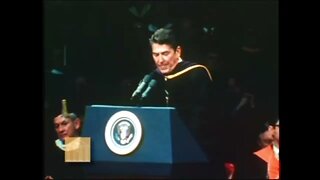 5:33
5:33
Patriot In The Dark
1 year agoWin One for The Gipper — Notre Dame Commencement Speech Pt 4/4 — Ronald Reagan 1981 * PITD
178 -
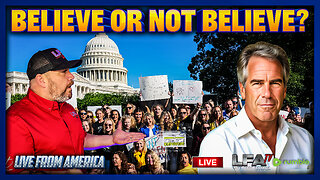 LIVE
LIVE
LFA TV
5 hours agoLFA TV ALL DAY STREAM - THURSDAY 9/4/25
4,326 watching -
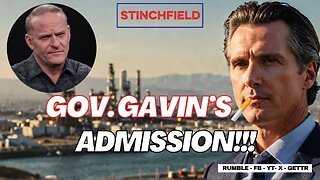 LIVE
LIVE
Grant Stinchfield
58 minutes agoGas Prices Broke Him – Newsom Quits the Fight!
141 watching -
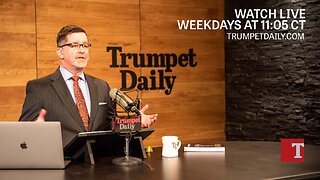 LIVE
LIVE
Trumpet Daily
35 minutes agoTrumpet Daily LIVE | Sept. 4, 2025
407 watching -
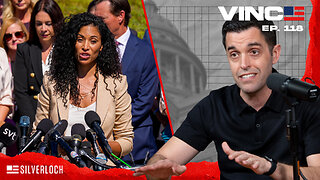 1:01:50
1:01:50
VINCE
3 hours agoEpstein Victims Have Come Forth, The Names Have Not | Episode 118 - 09/04/25
140K85 -
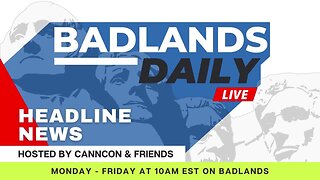 2:03:44
2:03:44
Badlands Media
7 hours agoBadlands Daily: September 4, 2025
35.1K3 -
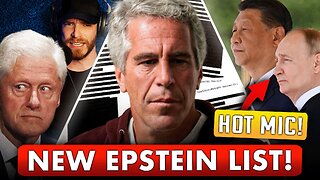 1:40:33
1:40:33
Dear America
3 hours agoEpstein Victims Vow To EXPOSE Everyone! + Are China and Russia Planning Against Trump?!
106K51 -
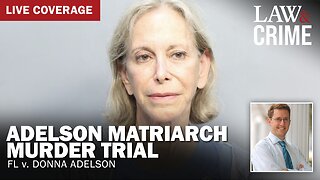 LIVE
LIVE
Law&Crime
3 hours ago $2.12 earnedLIVE: Adelson Matriarch Murder Trial — FL v. Donna Adelson — Day 9
262 watching -
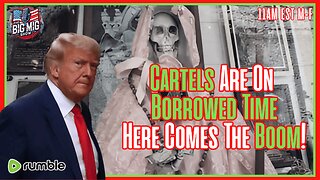
The Big Mig™
2 hours agoCartels Are On Borrowed Time, Here Comes The BOOM!
7.47K14 -

Matt Kohrs
13 hours agoMASSIVE Market Swings Incoming! || Top Futures & Options Trading Show
31.3K2